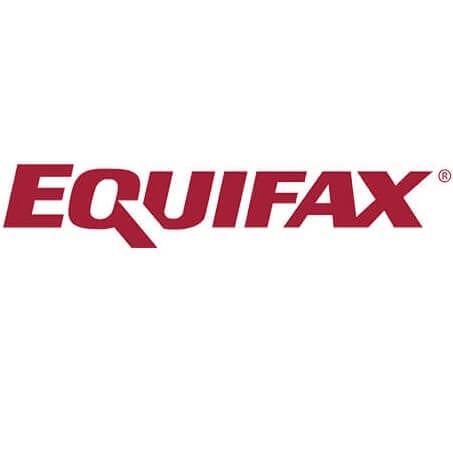How protected is your e-mail account from hackers? Many Canadians have a false sense of safety round their e-mail use. They might not have observed something amiss of their e-mail account in a very long time. However, unbeknownst to them, their e-mail might have been uncovered in a company knowledge breach. Or their e-mail deal with, probably mixed with different private info, could also be altering arms on the darkish net for years earlier than cyber-criminals try and enter their account.
Why do scammers hack e-mail accounts?
Your e-mail account is a treasure trove of private and monetary info. As soon as inside it, criminals can simply decide the place you financial institution, what bank cards you maintain, the place you reside and how much emails you usually obtain. They may even be capable of intercept multi-factor authentication (MFA or 2FA) messages.
Anybody in Canada is usually a goal—you don’t want a six-figure checking account to catch a scammer’s consideration. In truth, they intentionally forged a large web.
“The jackpot is after they get somebody with substantial property, however anybody is usually a goal for scammers,” says Octavia Howell, vice-president and chief info safety officer for Equifax Canada, which gives credit score scores and studies based mostly on the patron knowledge collectors and different companies report back to it.
As a substitute, criminals search info on as many accounts as potential—together with these of your mates, colleagues and different contacts. One rip-off in Canada entails creating pretend co-worker e-mail addresses (based mostly on targets’ contacts and e-mail threads) and asking for banking info for, say, an expense reimbursement or a paycheque. It appears an harmless sufficient e-mail a colleague would possibly ship, nevertheless it spells hassle when it’s fraud.
As we speak’s computing energy permits scammers to assault thousands and thousands of accounts at a time, to cross-reference info and to check out 1000’s of password combos. For a rip-off to repay, Howell notes, “…they solely should be right as soon as.”
sponsored
Equifax Full Safety
Equifax Full Safety is a credit score and cybersecurity safety service designed to assist Canadians spot the indicators of id fraud sooner.
- Gives day by day credit score monitoring and alerts
- Scans in your private knowledge on the darkish net
- Social media monitoring by trade chief ZeroFox
Subscription worth: $34.95 monthly
Listed here are some ideas for easy methods to acknowledge phishing scams and extra from Octavia Howell
Happily, there are methods to considerably cut back the chance of fraud with correct e-mail hygiene. Listed here are some easy practices Howell recommends:
- Change your e-mail passwords usually, at the very least as soon as each few months. If you happen to study that an organization, non-profit or authorities division you cope with has been hacked, change your e-mail password as quickly as potential.
- By no means click on on a suspicious e-mail. Use your e-mail server’s instruments to report and delete the message. When unsure, test the return deal with to see if it matches that of the group or individual it purports to return from. However bear in mind that cyber-criminals more and more use cloning instruments that may make the deal with seem like that of somebody you already know. Test the e-mail deal with for the slightest factor that appears off, like an additional letter or a interval or hyphen the place one shouldn’t be.
- Obtain a web site blocker onto your pc and telephone in order that when you by accident click on on a suspicious hyperlink you’ve come throughout beforehand, you’re robotically blocked from clicking via.
- Get to know your digital footprint. From time to time, Google your self to see what baseline info is uncovered. In case your e-mail deal with is on the market, take away or change it.
- Think about subscribing to a fraud safety service to guard you and your loved ones by figuring out any suspicious behaviour early.
- Don’t put your e-mail deal with on social media. “Some web sites ask you in order for you your e-mail to be public,” Howell says. “That offers somebody the power to know precisely the place your private info is.” In truth, keep away from providing up any private particulars, right down to the title of your pet, on social media. These tidbits can be utilized to crack passwords, craft phishing emails you’re seemingly to reply to, and perpetrate fraud in different methods.
- Don’t use your e-mail deal with as a username on different websites. Many firms nonetheless use e-mail as a default username—change it to one thing else, if potential.
Scammers are utilizing AI
Loads has been made recently of how synthetic intelligence (AI) can enhance company productiveness. Nicely, cyber-criminals are beginning to use it, too. And too properly, truly.
